Magazine: Chercez la Customer
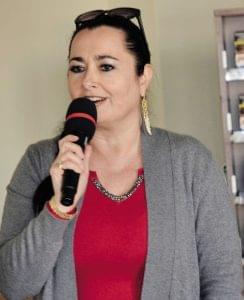
Zsuzsanna Hermann
editor in chief
Trade Magazin
Cherchez la consumerThis year’s first meeting of the Trade Marketing Club was held on 4 April in the BKIK building.
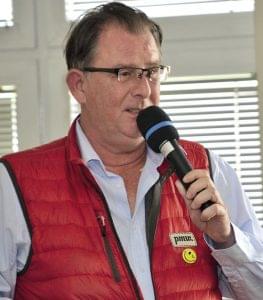
Péter Szita
managing director
PMW
Péter Szita was the first speaker who introduced the latest innovation by PMW. The company developed a sales monitoring system that can be used to prevent the out-of-stock phenomenon. It is called Online Sales Control and it can be used with any product sold by the piece. Brands and retailers lose a lot of money if the shopper doesn’t find the product on the shelf – they buy another product or go to another store.

Fruzsina Dászkál
client support executive
Nielsen
Fruzsina Dászkál, client support executive of Nielsen analysed the 2018 market trends in detail. She told that last year’s winners were discount supermarkets and private label products. Ms Dászkál revealed that the consumer confidence index increased last year, peaking in mid-2018. Sales in the Hungarian FMCG market grew in every quarter. The market share of private label products is growing dynamically in several large categories.
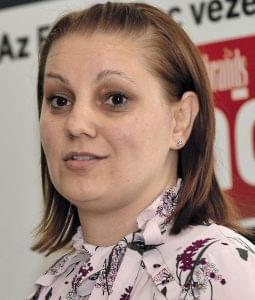
Tünde Turcsán
commercial director
GfK
Tünde Turcsán, commercial director of GfK called attention to the necessity of monitoring offline and online shopping habits actively, and to the importance of developing a detailed omnichannel strategy. She shared the observation with participants that offline stores are becoming some kind of service centres. About discount supermarkets she told that by 2018 they had turned into places where the daily shopping is done as well. Ms Turcsán stressed that loyalty programmes are now more important than ever before.
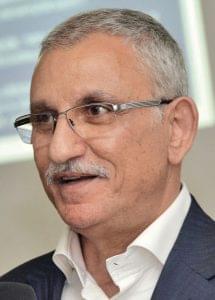
Dr. Michalis Christou
CEO
RetailZoom Hungary
RetailZoom Hungary CEO Dr Michalis Christou gave a presentation about predictive analytics techniques (KPP: key performance parameters): this is an artificial intelligence-based system that relies on data from the past to predict possible future trends. He spoke about the main differences between key performance indicators (KPIs) and KKPs, calling attention to the advantages of the latter. He told: KPPs are capable of providing decision-makers with possible market scenarios and consumer behaviours, helping in making better business decisions.
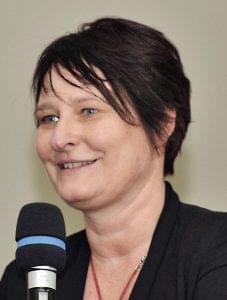
Andrea Harcos
head of qualitative
Kantar-Hoffmann
Andrea Harcos, head of qualitative at Kantar-Hoffmann brought the company’s NeedScope model to describe various consumer personality types and the related shopping attitudes. The NeedScope model attaches colours to the different personality types. Ms Harcos explained that the most important differences between these types are their attitudes to various product categories. She said that shopper personality is worth mapping as much as possible, so that brands can be positioned more efficiently and they can communicate better.

Norbert Hovanyecz
managing director
SuperShop
The last speaker was SuperShop managing director Norbert Hovanyecz. He introduced the positive results of the loyalty programme last year. He opined that the GDPR regulation can bring quality changes in the marketing activities of brands and retail chains. With the new regulation and increased consumer consciousness, the data acquired about shoppers make much more effective communication possible. It is very likely that those shoppers who say yes to receiving information about a promotion will now actually read the offers they get. Mr Hovanyecz also talked about the data analytics system – called D.a.S. System – that they had established with SPAR last year. The next meeting of the Trade Marketing Club will take place in the Villa Rosa garden on 6 June.
Related news
There is a slice for everyone
🎧 Hallgasd a cikket: Lejátszás Szünet Folytatás Leállítás Nyelv: Auto…
Read more >Related news
The impact of the forint exchange rate on GDP growth
🎧 Hallgasd a cikket: Lejátszás Szünet Folytatás Leállítás Nyelv: Auto…
Read more >Cheese-cocoa-peach jam: these are the most popular cookie flavors
🎧 Hallgasd a cikket: Lejátszás Szünet Folytatás Leállítás Nyelv: Auto…
Read more >








